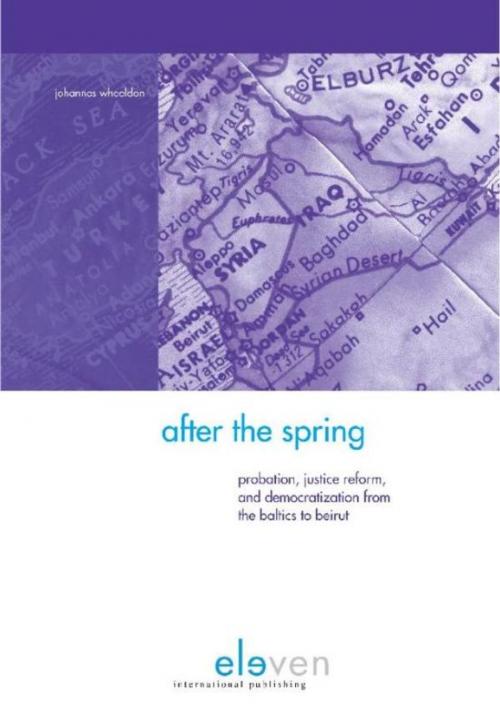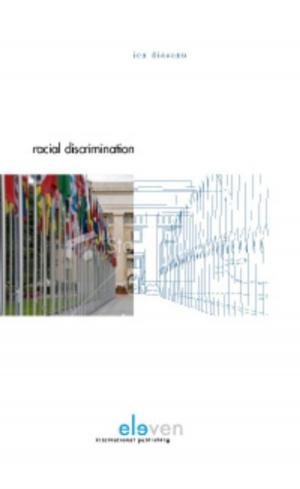After the Spring
probation, justice reform and democratization from the Baltics to Beirut
Nonfiction, Reference & Language, Education & Teaching| Author: | Johannes Wheeldon | ISBN: | 9789460945663 |
| Publisher: | Boom uitgevers Den Haag | Publication: | June 1, 2012 |
| Imprint: | Eleven international publishing | Language: | English |
| Author: | Johannes Wheeldon |
| ISBN: | 9789460945663 |
| Publisher: | Boom uitgevers Den Haag |
| Publication: | June 1, 2012 |
| Imprint: | Eleven international publishing |
| Language: | English |
The protests that have sparked a generational revolution in Tunisia and Egypt have spread far and wide and renewed past efforts to replace authoritarian regimes with democratic institutions in the Middle East and North Africa (MENA). This book argues a central aspect of democratization includes reforming the justice system. Focusing on probation, it proposes a three-tier model to understand efforts to reform penal practices, develop community-based alternatives to punishments, and promote the greater participation of society. By leveraging the experience of justice reform in the Former Soviet Union (FSU), including Russia, Estonia, Lithuania, Ukraine, Czech Republic, and specifically Latvia, this book presents development projects themselves as central sites of deliberation and debate. The book is based in part on interviews with UK, US, and Canadian scholars involved in justice reform projects in both the FSU and MENA. Although critical in its view of the law and economic development models of the past, this book argues justice reform projects offer a means to model the values that serve as the cornerstone of all democratic practices.
The protests that have sparked a generational revolution in Tunisia and Egypt have spread far and wide and renewed past efforts to replace authoritarian regimes with democratic institutions in the Middle East and North Africa (MENA). This book argues a central aspect of democratization includes reforming the justice system. Focusing on probation, it proposes a three-tier model to understand efforts to reform penal practices, develop community-based alternatives to punishments, and promote the greater participation of society. By leveraging the experience of justice reform in the Former Soviet Union (FSU), including Russia, Estonia, Lithuania, Ukraine, Czech Republic, and specifically Latvia, this book presents development projects themselves as central sites of deliberation and debate. The book is based in part on interviews with UK, US, and Canadian scholars involved in justice reform projects in both the FSU and MENA. Although critical in its view of the law and economic development models of the past, this book argues justice reform projects offer a means to model the values that serve as the cornerstone of all democratic practices.















